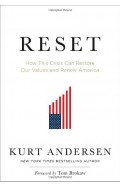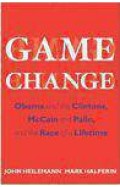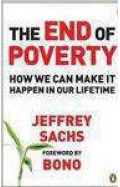Why Nations Fail The Origins of Power Prosperity and Poverty
By: James A. Robinson
-
Rs 1,816.50
- Rs 2,595.00
- 30%
You save Rs 778.50.
Due to constant currency fluctuation, prices are subject to change with or without notice.
| Book | |
| What's in the Box? | 1 x Why Nations Fail The Origins of Power Prosperity and Poverty |
Why Nations Fail The Origins of Power Prosperity and Poverty
By: James A. Robinson
Rs 1,816.50 Rs 2,595.00 Ex Tax :Rs 1,816.50
Why Nations Fail - The Origins of Power, Prosperity, and Poverty
By: James A. Robinson
Rs 3,895.00 Ex Tax :Rs 3,895.00
Zubin Mehta: A Musical Journey (An Authorized Biography)
By: VOID - Bakhtiar K. Dadabhoy
Rs 630.00 Rs 1,050.00 Ex Tax :Rs 630.00
Myths Illusions and Peace: Finding a New Direction for America in the Middle East
By: Dennis Ross
Rs 1,095.00 Ex Tax :Rs 1,095.00
The Origins of Political Order From Prehuman Times to the French RevolutioN
By: Francis Fukuyama
Rs 3,895.00 Ex Tax :Rs 3,895.00
Reset: How This Crisis Can Restore Our Values and Renew America
By: Kurt Andersen
Rs 500.00 Ex Tax :Rs 500.00
How To Win A Cosmic War God Globalization And The End Of War
By: Reza Aslan
Rs 695.00 Ex Tax :Rs 695.00
Game Change Obama And The Clintons McCain And Palin And The Race Of A Lifetime
By: John Heilemann
Rs 795.00 Ex Tax :Rs 795.00
Made to Stick: Why Some Ideas Take Hold and Others Come Unstuck
By: Chip Heath & Dan Heath
Rs 2,995.00 Ex Tax :Rs 2,995.00
No recently viewed books available at the moment.
Zubin Mehta: A Musical Journey (An Authorized Biography)
By: VOID - Bakhtiar K. Dadabhoy
Rs 630.00 Rs 1,050.00 Ex Tax :Rs 630.00
Why Nations Fail The Origins of Power Prosperity and Poverty
By: James A. Robinson
Rs 1,816.50 Rs 2,595.00 Ex Tax :Rs 1,816.50
Why Nations Fail - The Origins of Power, Prosperity, and Poverty
By: James A. Robinson
Rs 3,895.00 Ex Tax :Rs 3,895.00












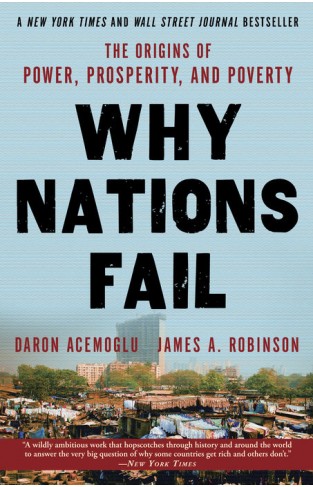
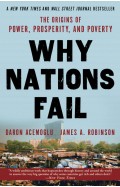
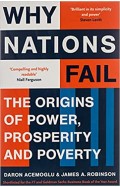
-120x187.jpg?q6)








-120x187.jpg?q6)
